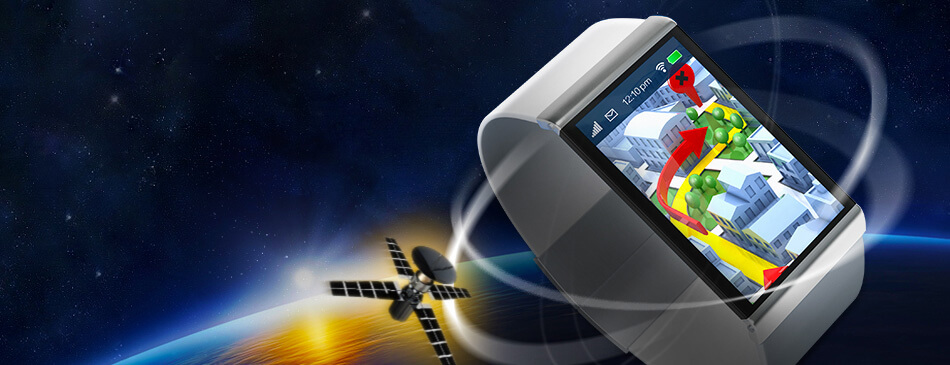
Navigating unfamiliar areas used to require pulling out the atlas or picking up a new map, and for some operating a GPS is still a laborious task with somewhat unclear instructions.
Broadcom is readying the next generation of GPS receivers that will make navigation and location tracking extremely accurate. Questioning where you should turn in a densely packed city will no longer be an issue. The new GPS receiver chip Broadcom is working on, the BCM47755, is designed to be accurate to within approximately 1 foot or 30 centimeters. Today's consumer grade GPS is only accurate with within 5 meters or roughly 16 feet.
A current GPS receiver functions by searching for an L1 signal that contains a satellite's time and location. Broadcom's new chip makes a significant improvement by utilizing a newer L5 signal that is less prone to unexpected time delays. Older L1 signals can bounce off of buildings and landscapes to add an offset from the true position due to a delay.
Extremely accurate GPS has been around for several years now, but there may finally be enough L5 enabled satellites to open their use to the public. Oil and gas industries have been using L5 signals to help find new deposits for a number of years, but at the cost of reliability and price. There are now around 30 L5 enabled satellites in orbit, with that number set to increase over 50% by 2020.
Since the new chips are targeted at mobile devices, a 50% power savings over the previous generation has been implemented via a die shrink to 28nm and a redesigned radio architecture. All of the advances made by Broadcom are fairly likely to be making it to flagship smartphones as early as 2018.
https://www.techspot.com/news/71135-broadcom-about-make-gps-lot-more-accurate.html